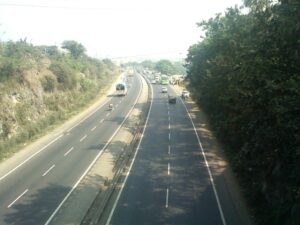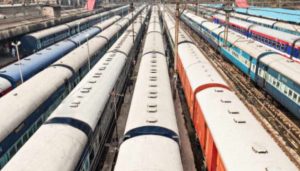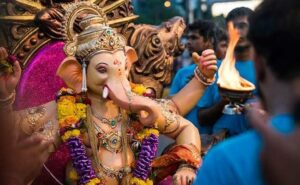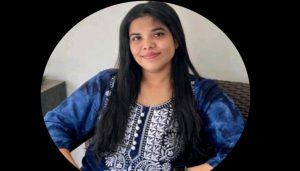Bombay High Court Orders Strict Enforcement of Sound Pollution Guidelines During Festivals and Events
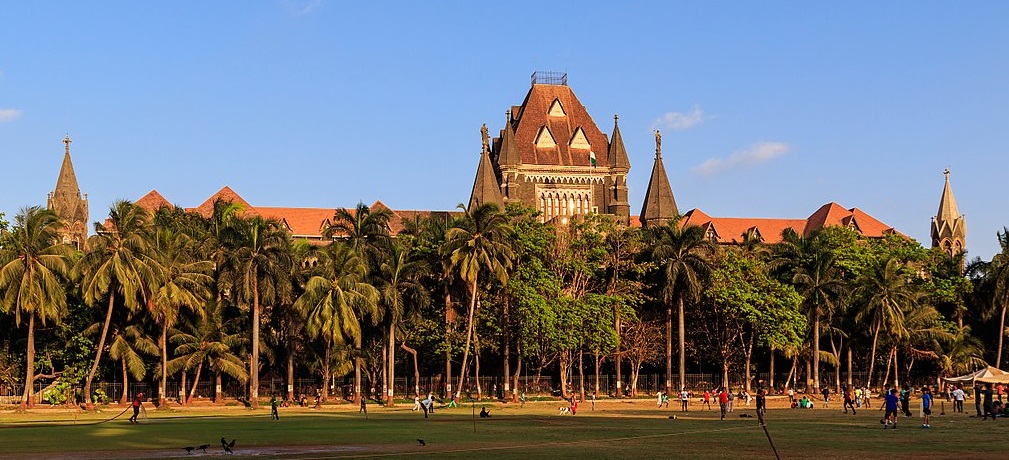
Mumbai, 22nd August 2024: The Bombay High Court has issued a significant ruling directing the strict enforcement of sound pollution guidelines and laws across Maharashtra during festivals, events, and processions. This directive comes in response to a Public Interest Litigation (St) No. 191/2023, which highlighted the severe impact of noise pollution on the public, particularly during religious and political gatherings.
The court emphasized the importance of adhering to the guidelines issued in its 2016 ruling, urging that they be implemented in letter and spirit. The judgement clearly stated that any willful disobedience of these guidelines would allow aggrieved parties to seek legal recourse.
The court’s ruling addresses the longstanding issue of sound pollution in Maharashtra, which has been exacerbated during religious festivals, political events, and other public gatherings. Last year, during the Ganesh festival, cities like Pune, Mumbai, Nashik, and Sambhajinagar experienced record-breaking levels of noise pollution. Illegal use of sound systems and hazardous laser beams contributed to this dangerous situation, resulting in several deaths and causing permanent damage to the eyesight of many individuals.
The petitioner, Akhil Bharatiya Grahak Panchayat, represented by Vijay Ganpati Sagar, challenged the lack of action from various state departments, including the Maharashtra Pollution Control Board (MPCB), Central Pollution Control Board, and the Police Department. The petitioner argued that violators were operating with impunity, and the authorities were not enforcing existing noise pollution laws.
The court reinforced that no religion permits the violation of laws in the name of celebrating festivals. Citing the Supreme Court’s earlier rulings, the judgement reiterated that the use of loudspeakers is not an essential part of any religion and thus does not enjoy protection under Article 25 (Freedom of Religion) of the Indian Constitution.
The court also addressed the issue of noise pollution during recent festivals like Ganesh Chaturthi and Eid, where high-decibel sound systems were used in violation of the Noise Pollution (Regulation and Control) Rules, 2000. The existing noise limits, which vary by area type (industrial, commercial, residential, and silence zones), were flagrantly ignored.
The Noise Pollution Rules, 2000, set specific decibel limits for different zones. For instance, the maximum permitted noise level in residential areas is 55 dB during the day and 45 dB at night. However, reports indicate that during the 2023 Ganesh festival, noise levels in Pune far exceeded these limits, with readings as high as 113.1 dB at night.
The court noted that the law provides no relaxation for silence zones, which are areas within 100 meters of hospitals, educational institutions, and courts. Despite this, violations were rampant, with noise levels in these zones being well above the permitted limits.
The court also highlighted concerns that political influence might be hindering the effective enforcement of noise pollution laws. Despite the presence of mechanisms to address violations, the court observed that these efforts were undermined by a lack of support from political leaders, many of whom were seen attending events that themselves were in violation of sound pollution laws.
The petition also brought to light the emerging issue of hazardous laser beams being used during processions, particularly during the Ganesh festival. These beams, which are harmful to the naked eye, have caused permanent damage to several individuals’ eyesight. The court directed affected parties to report such incidents to the police and urged authorities to develop guidelines to regulate the use of such dangerous light systems.
Advocate Satya Muley, representing the petitioner, emphasized the court’s directive for strict implementation of the 2016 guidelines and urged the public to report any violations to the appropriate authorities. He also advised affected individuals to approach the courts if necessary to ensure that sound pollution laws are enforced.

